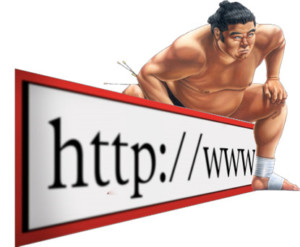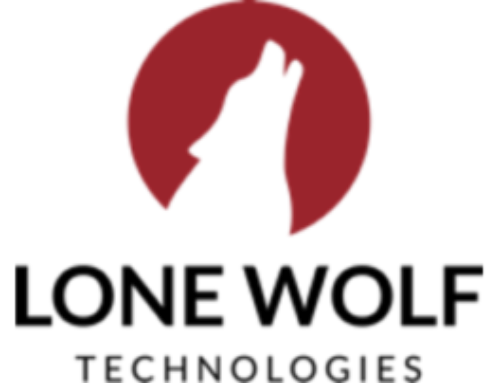 It is interesting how one thing can lead to another. On the same weekend that I was quickly making sure thathttp://www.facebook.com/victorlund would be my new handle on facebook, I was also researching a social media strategy for a client and recognized that someone was Cybersquatting on their brand everywhere – Facebook, Twitter, Friendfeed etc. Hence, thier brand was not available on these important social networks. Hurry out today and register your name and your brand’s name on these networks, especially facebook – who changed from numbers to names over the weekend.
It is interesting how one thing can lead to another. On the same weekend that I was quickly making sure thathttp://www.facebook.com/victorlund would be my new handle on facebook, I was also researching a social media strategy for a client and recognized that someone was Cybersquatting on their brand everywhere – Facebook, Twitter, Friendfeed etc. Hence, thier brand was not available on these important social networks. Hurry out today and register your name and your brand’s name on these networks, especially facebook – who changed from numbers to names over the weekend.
This is important on many different levels of brand and identitiy protection. Additionally it is important for search engine optimization. Here are a couple of tips…If your brand is taken, use and underscore aka victor_lund or a period like victor.lund. Google does not recognize this type of punctuation in URL strings, so they will deliver the same result.
Also, if you are not a social networker today – be sure to post that to your profile – but put enough information on your profile to let others know that it is the real YOU. If you are grabbing your name on twitter – put up a post or two about yourself and mention that you do not use twitter yet.
Cybersquatting (also known as domain squatting), is registering, trafficking in, or using a domain name with bad faith intent to profit from the goodwill of a trademark belonging to someone else.
The term is derived from “squatting,” which is the act of occupying an abandoned or unoccupied space or building that the squatter does not own, rent or otherwise have permission to use. Cybersquatting however, is a bit different in that the domain names that are being “squatted” are (sometimes but not always) being paid for through the registration process by the cybersquatters. Cybersquatters usually ask for prices far greater than that at which they purchased it. Some cybersquatters put up derogatory remarks about the person or company the domain is meant to represent in an effort to encourage the subject to buy the domain from them. Others post paid links via Google, Yahoo, Ask.com and other paid advertising networks to the actual site that the user likely wanted, thus monetizing their squatting. As with many controversial issues, some argue that the dividing line of cybersquatting is difficult to draw, or that the practice is consistent with a capitalistic and free market ethos.
Cybersquatting is one of the most loosely used terms related to domain name intellectual property law and is often incorrectly used to refer to the sale or purchase of generic domain names such as example.com.
For more tips on twitter for real estate, visit this page https://www.wavgroup.com/real-estate/Twitter-for-Real-Estate




